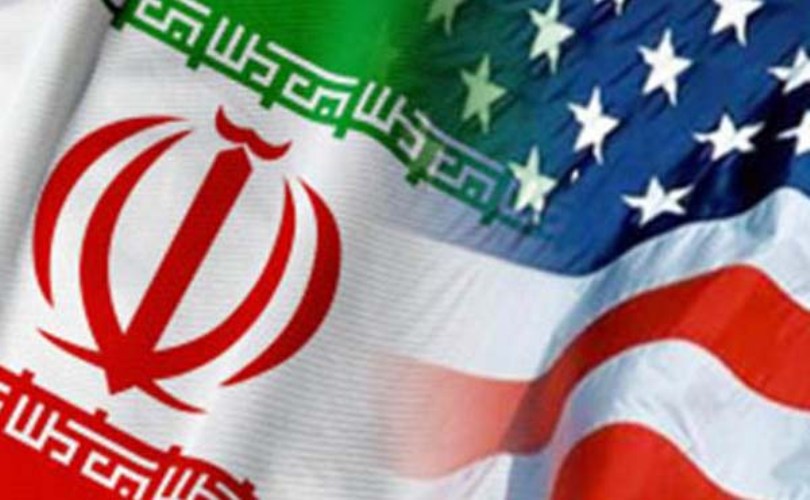NEW DELHI: Dr. Ali Chegeni, Ambassador-designate of the Islamic Republic of Iran in conversation with Rudroneel Ghosh of Times Of India spoke about the US ending Iran sanctions could affect global oil markets.
The Iranian ambassador in an interview on Thursday said that in the face of US sanctions, India will decide on oil imports according to its national interests.
Iran always has been one of the top-suppliers and reliable source of energy for India over the years and “we expect that a reliable source like Iran should not be ignored.” India-Iran multi-dimensional relationship, he said, were “not for just two days as the countries have been good friends” for decades and will not be limited to oil.
The new institution, called INSTEX – short for Instrument in Support of Trade Exchanges – is a project of Britain, France and Germany governments- the European signatories to the 2015 deal that curbed Tehran’s nuclear ambitions in return for sanctions relief.
The EU-Iran payment vehicle INSTEX aims to facilitate trade between the EU and Iran focusing initially on the sectors most essential to the Iranian population – such as pharmaceutical, medical devices and agri-food goods, but it will later be expanded to cover other areas of trade, including Iran’s oil sales.
He also said that Iran has officially launches a parallel structure of its own called the Special Trade and Finance Institute (STFI) to match Europe’s INSTEX that will facilitate trade despite U.S. sanctions.
It is now one year since the United States withdrew from a landmark nuclear accord that promised Iran relief from sanctions in exchange for the Islamic republic scaling back its nuclear programme.
In 2015 when Iran struck the deal, hopes had been high it would end years of crippling economic isolation for the country. But ties between the US and Iran soured after Washington pulled out from the 2015 nuclear deal or the Joint Comprehensive Plan of Action (JCPOA) last year.
Following this, the US slapped a multitude of sanctions on Iran, citing the latter’s support to state-sponsored terrorism and conflicts.
On Wednesday, the Trump administration imposed fresh sanctions on Iran targetting its steel and mining industries, amid rising tensions between the two nations.
The sanctions were slapped on Iran’s steel, aluminium, iron, and copper sectors and the move came after Tehran announced its partial withdrawal from the nuclear deal.
The partial withdrawal would mean that Iran would stop exporting enriched uranium stocks as against what was stipulated by the 2015 agreement.
Tehran warned that the remaining signatories — the UK, France, Germany, China, and Russia — had 60 days before it would resume high-level enrichment of uranium.
Meanwhile, the US has said it would continue to “impose maximum pressure” against Iran till the regime gives up its “destabilising ambitions” of expanding its nuclear programme.
Washington also recently announced that no fresh sanction waivers will be issued for Iranian oil imports to eight countries, including India.
With agency inputs

